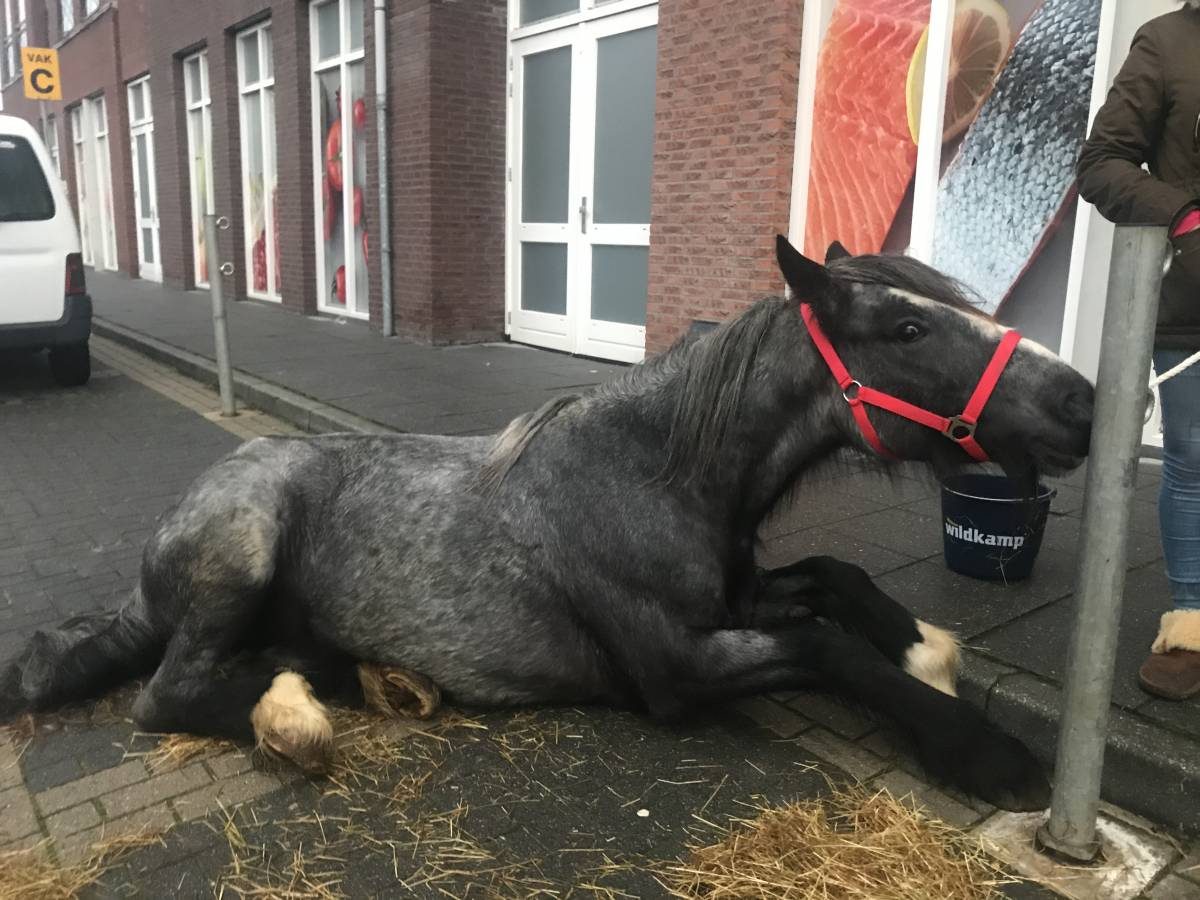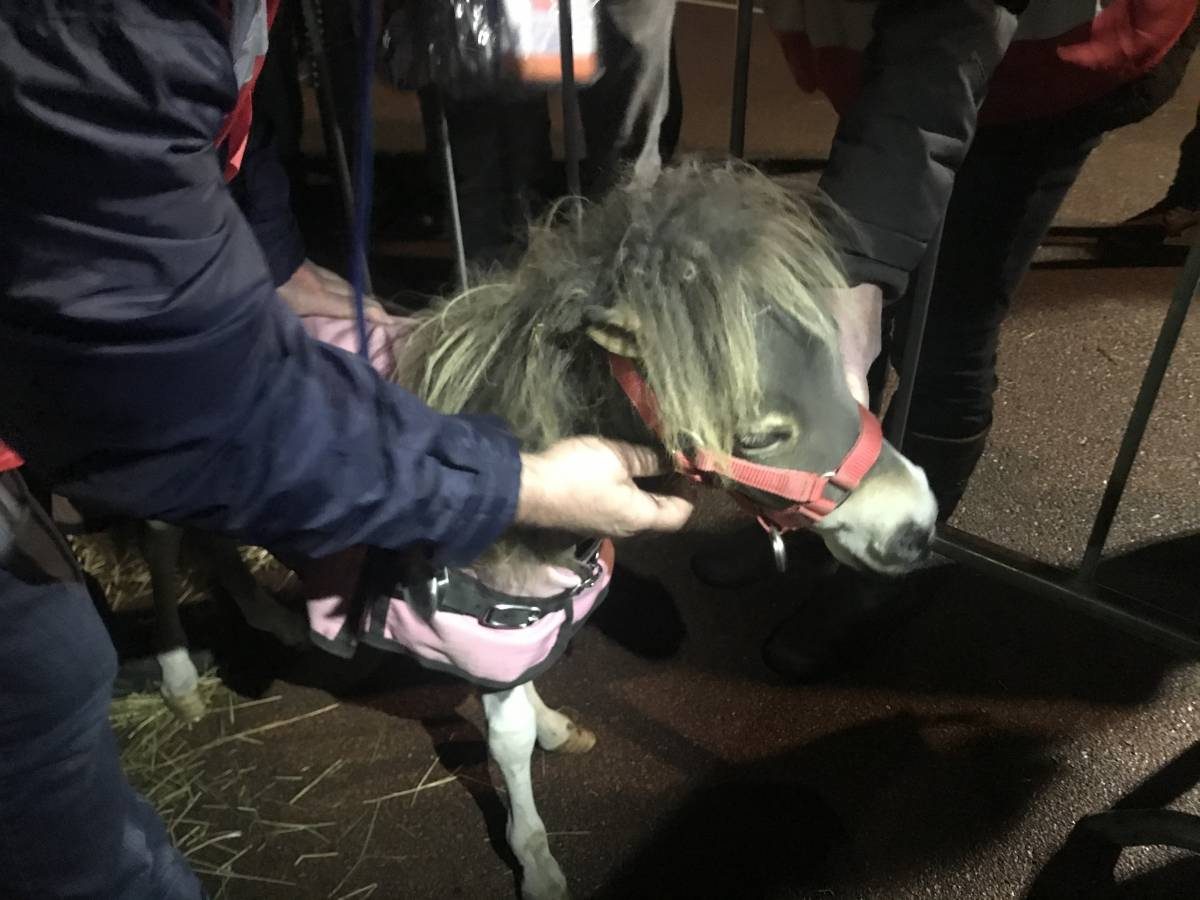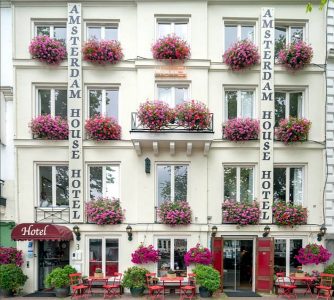Eyes on Animals is supporting legal action against the horse market in Hedel because agreements about better animal welfare have not been met. The EU Transportation regulations are still being massively and structurally violated. Also, sick and injured horses did not receive medical care.
For the most recent inspection, Eyes on Animals teamed up with House of Animals Investigations and 1037 Against Animal Cruelty. Due to the extreme aggression from horse dealers, the inspection teams received security from The Dutch Bouncer Federation. With our own veterinarians, we saw sick and injured horses during the almost 20-hour horse market and a total lack of compliance with European Transport legislation.
By law, all horses should be checked on arrival to ensure that they are not sick, injured or too skinny. In Hedel, hundreds of trucks full of horses arrive in the town center around midnight. They are unloaded in the dark, in the midst of fairground noise and thousands of partying, drunken people. Nobody checks the passports or chip responders of the horses, nobody registers which horse belongs to whom. This way, law enforcement is obstructed. Often, when Eyes on Animals requests authorities to intervene when we see a violation, all of a sudden ´nobody is the owner´.
Moreover, the inspection teams found that many traders still treat their horses very roughly. Shetlanders and small donkeys in particular, were often forced to walk by lifting them by the tail or fur. And, like every year, there are large water tanks – but nobody actually uses the buckets to offer their horses water. Furthermore, as in previous years, many foals and unbroken young horses were present – whilst these are not allowed on transports for longer than 8 hours.
Infectious animal diseases
According to European law, animals with open wounds or crippled animals are ‘unsuitable for transport’. They should receive care immediately. Our veterinarians, however, saw 4 horses who were seriously ill, showing signs of possible Strangles or Rhino with snot noses, coughs and fever. However, when we called in the veterinarians working for Hedel horse market, they first refused to isolate the horses – a legal obligation.
We find this highly irresponsible, since last year also 2 horses with Strangles were taken off the market by animal protectors. Such potentially fatal diseases pose a major risk of infection for all horses present at horse markets. This makes the fact that the Dutch authorities, NVWA, allow horses that have stood among sick horses at the market to be exported very dubious. We believ this is not in compliance with the latest, stricter EU rules for the prevention of animal diseases.
For years Eyes on Animals, House of Animals and 1037 Against Animal Cruelty have been collecting evidence of serious abuse and violations at Dutch horse markets. Some improvements have been made, but there is still great reluctance on the part of all parties involved to comply with the law.
That is why the organisation House of Animals Investigations is now starting legal proceedings. To make this possible, Eyes on Animals is making available all our evidence of abuse and violations at horse markets we have collected for the past 10 years. We expect the Justice Department to confirm the structural violations of the law.

One exhausted horse 
One of three too skinny and sick ponies that we had removed

